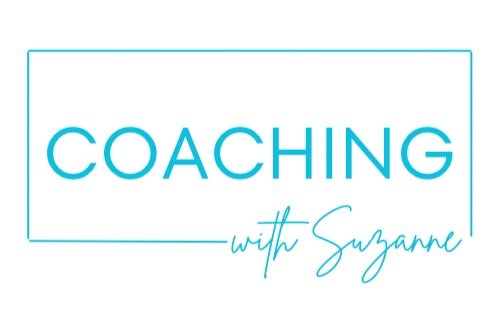You’re Not Supposed to Stop Having Feelings
Have you ever caught yourself thinking, “Why am I feeling this way again? Haven’t I already dealt with this?”
It’s so common — especially when we’ve done a lot of personal growth work — to believe that big emotions mean something has gone wrong. We start questioning ourselves:
“What’s wrong with me?”
“I thought I was past this.”
Or, if you’re a coach or someone who helps others, maybe even:
“I shouldn’t feel this way — I’m supposed to know better.”
Here’s the truth: the goal of healing isn’t to stop having feelings. The goal is to learn how to support yourself when those feelings show up.
Emotions are not a sign of failure. They’re a sign that you’re human.
Even after years of inner work, old feelings can resurface — sadness, anger, fear, doubt, shame. That doesn’t mean you’ve gone backward; it means your nervous system feels safe enough to bring something forward for you to process in a new way.
Every time you meet those feelings with compassion instead of criticism, you’re healing.
Every time you pause instead of pushing them away, you’re growing.
Every time you choose support over self-judgment, you’re doing the real work.
When I notice myself thinking, “I shouldn’t feel this way — I’m a coach!” I remind myself that being a coach doesn’t make me emotionless. It makes me aware. It means I get to practice what I teach — to breathe, to name what I’m feeling, to ask what I need, and to respond with care.
So the next time those big emotions come up, try asking yourself this:
“If nothing is wrong with me for feeling this way, how can I support myself right now?”
That one question shifts everything.
Healing isn’t about never feeling pain again — it’s about knowing you can handle it when it comes.
If you’re tired of judging yourself for your emotions and want to learn how to meet them with more compassion, I can help. As a life coach for recovering people-pleasers, I help you build emotional resilience, trust yourself, and stop feeling like your feelings are a problem. Click here to schedule a free consult and start supporting yourself in a new way.

